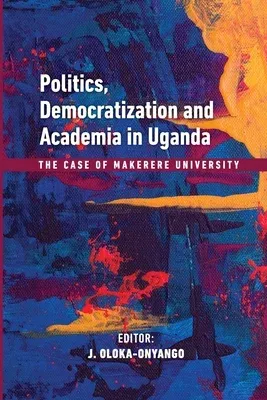Alma mater to presidents, public intellectuals and pundits of all
disciplines, Makerere University has attracted considerable scholarly
and popular attention, both in respect of its prominence and
achievements, as well as with regard to its failures and foibles. As the
oldest (and arguably best-known) university in Uganda and the wider
eastern and central Africa region, Makerere looms large in the history
of higher education on the continent.
This book explores the relationship between a public university of
unique historical importance and the contestations over democratization
that have taken place both within campus and beyond. It is pivoted
around the late-20th century struggles by university staff and students
for improved living conditions against the backdrop of the early
programs of structural adjustment and economic reform pursued by the
National Resistance Army/Movement (NRA/M) government adopted soon after
taking power in 1986.
Although seemingly introverted in focus, in many respects these efforts
represented the earliest forms of political resistance against a regime
of governance that promised a great deal, but disappointingly delivered
considerably less. Collectively, the chapters demonstrate that there is
neither a single narrative nor a textbook formula about the relationship
between the academy and democratic struggles. Instead of forcing an
unsupported and false consensus on the definitive role of Academia in
politics, the book seeks to stimulate a robust debate on the subject.


